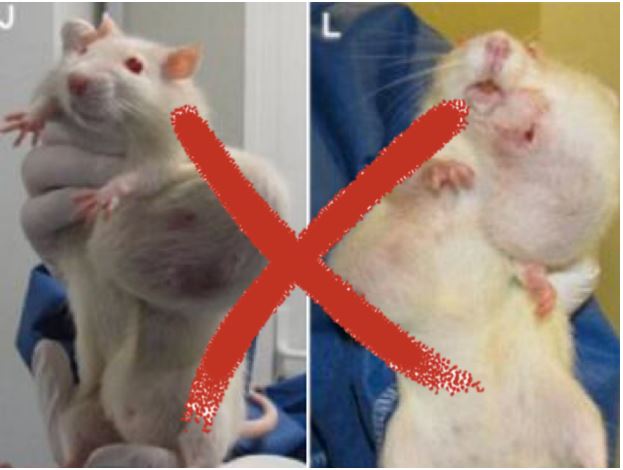Subscribe to the newsletter
[x]
Stay in touch with the scientific world!
Know Science And Want To Write?
Apply for a column: writing@science20.com
Donate or Buy SWAG
Please donate so science experts can write
for the public.
At Science 2.0, scientists are the journalists,
with no political bias or editorial control. We
can't do it alone so please make a difference.
We are a nonprofit science journalism
group operating under Section 501(c)(3)
of the Internal Revenue Code that's
educated over 300 million people.
You can help with a tax-deductible
donation today and 100 percent of your
gift will go toward our programs,
no salaries or offices.
- EPA Sets Timeline For Ban Of Non-Industrial Use of Methylene Chloride
- Vermont Should Stop Showing Leadership In Overruling Scientists On Farming
- With EV Sales Flatlined, Tesla Cancels Its Supercharger Network
- Evolutionary Psychology: Your Parents Income During Pregnancy Made You Gay
- More Like Lizards: Claim That T. Rex Was As Smart As Monkeys Refuted
- Opioid Addicts Are Less Likely To Use Legal Opioids At The End Of Their Lives
- Congressional Panel Recommends Wuhan Envoy Dr. Peter Daszak Be Formally Debarred
Interesting insights from outside Science 2.0
© 2024 Science 2.0







